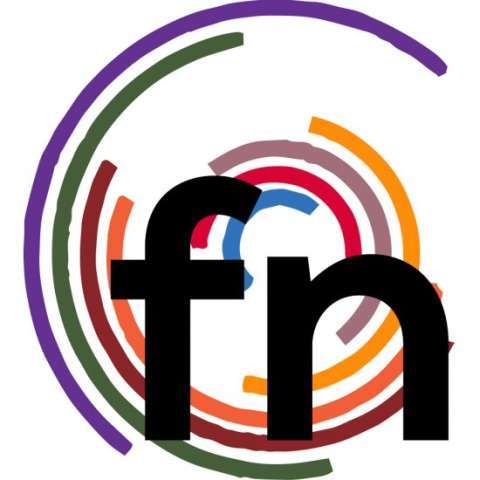Partner With A Reputable Ticketing Platform
What is a trustworthy ticketing app, and what can it do for your event planning organization? First, a ticketing platform you can trust has aspects like security, convenience, and offers excellent customer services. In terms of security, a reliable ticketing firm is PCI compliant. It has a privacy policy that prevents selling of customer data to third parties and uses secure encryption to prevent fraudsters from accessing client information. By using systems that keep customer data safe, reputable ticket sellers protect event organizers against fraud claims. Allegations of fraud are costly for companies, not just in terms of finances. Fraud claims ruin brand image and reduce employee morale significantly. As for customer service, ticketing firms offer guidelines on how to purchase and access digital tickets. They also respond to complaints promptly and offer refunds in case customers don't receive their festival tickets, thus maintaining good customer relationships.
Create Event Listings
Fraudsters have become savvy. They can easily duplicate festival websites, tickets, and social media pages. Then ask potential festival goers to purchase tickets at a lower price via direct messages on Facebook, iTunes vouchers, or unknown resale sites. Fortunately, you can protect ticket buyers from such schemes by creating an event listing on your preferred ticketing app. For example, say you want festival enthusiasts to buy tickets from Eventbrite or Ticketmaster. Create a listing on the platform, then link it to your event's official website and social media pages. How does this trick prevent ticket frauds? Your target audience can browse through the listing to find upcoming local fairs, concerts, or festivals. Then purchase tickets from your official ticket source.
Monitor Listings And Social Media Channels
To add a layer of protection against ticket scams, event managers monitor festival listings and their social media channels. You should do the same by checking comments and reviews for suspicious activities and fraud reports. When looking at comments, be cautious of unusual language. Scammers often use improper English that could easily lure unsuspecting buyers. Common phrases used by fraudsters are: "Buy three tickets at a good cheap price" or "Who's interested in tickets at cheaper prices? DM me". You're probably wondering what you should do when you notice signs of fraud on your event listing, Facebook, Instagram, or Twitter feed. You should obviously report any evidence of ticket scamming to your chosen ticket selling platforms. Also, inform local authorities and attendees of the potential threat.
Educate Festival Attendees On Ticket Fraud
Ticket fraudsters often target those planning to attend sold-out festivals. For example, anyone eager to go to music festivals that feature A-list celebs like Beyonce, Coldplay, and Taylor Swift get tricked into buying fake tickets easily. How? Scammers create a sense of urgency, display their tickets as the only option available, and pressure buyers to pay for tickets upfront without providing them. How can event managers counter this fraudulent behavior? Prioritize attendee education on ticket fraud and red flags to look out for. For starters, offer detailed instructions on how to purchase tickets on the official ticketing website or app. Second, advise festival goers not to pay for storytelling, theater, or music festival tickets using bank transfers, cash, or iTunes vouchers. Instead, they should use their credit cards or PayPal's goods and services option so they can get refunds if they don't receive tickets. Equally important, encourage festival attendees to confirm the legitimacy of digital tickets. They can do this through the official event organizer and by looking for custom ticket designs and unique barcodes or QR codes.
Digital tickets or e-tickets offer convenience for both event managers and festival goers. But there's a downside to buying tickets online. The rate of scammers has increased, resulting in huge losses of cash and festival goers stranded without authentic tickets to attend concerts or shows. Good news, there are ways event managers can avoid ticketing scams and protect ticket buyers. These techniques include collaborating with reputable ticketing companies, creating and monitoring event listing and social channels, and educating festival ticket buyers.



